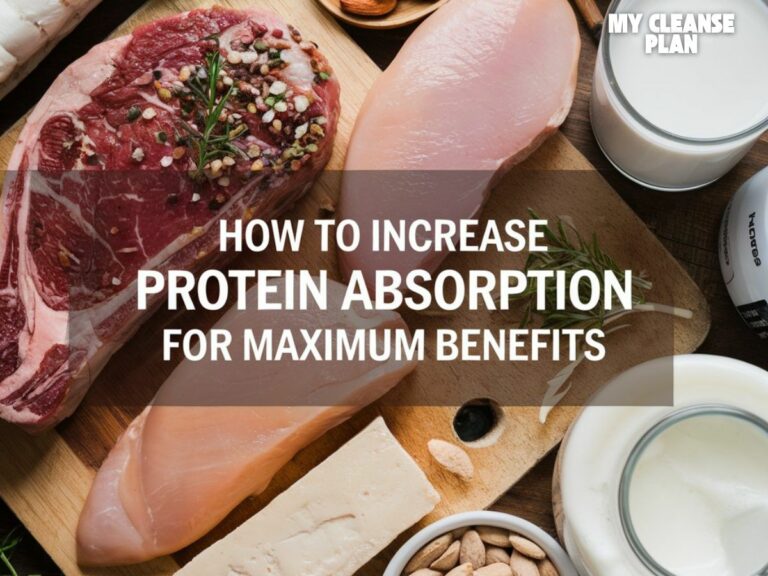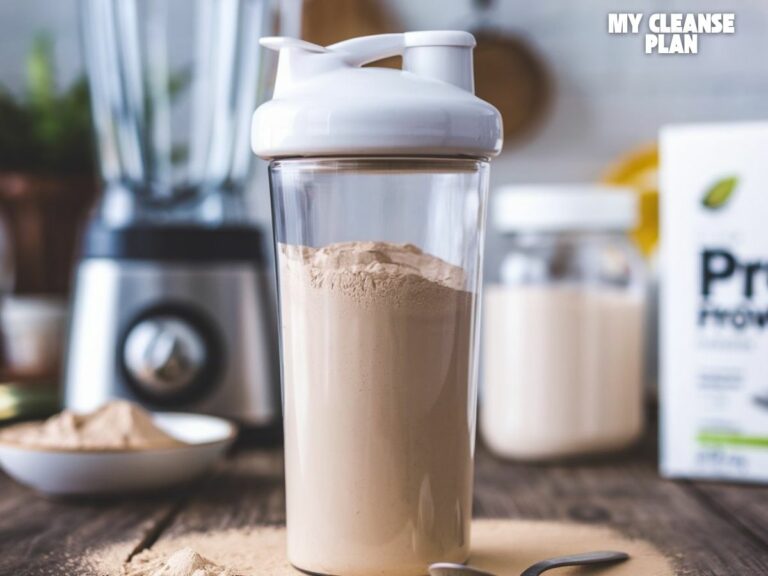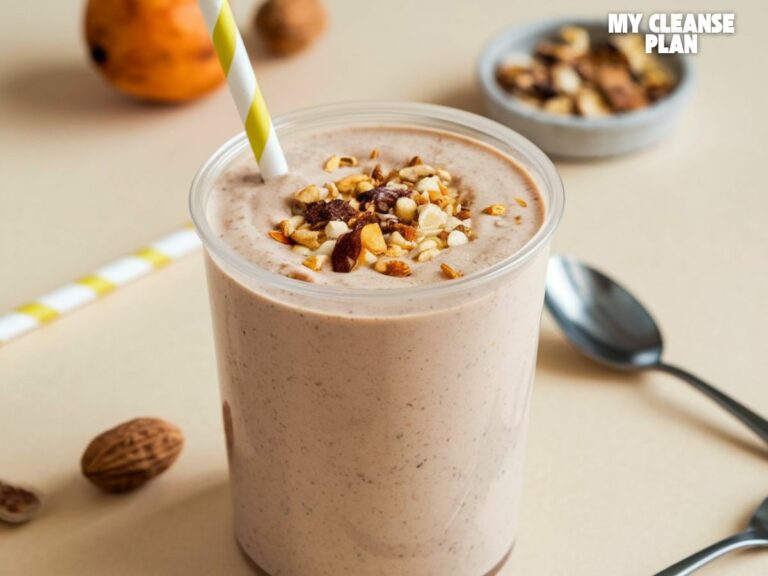The Science Behind A Water Cleanse
A water cleanse helps detoxify the body by flushing out toxins, improving hydration, and promoting overall well-being.
Key Takeaway
- Enhanced Detoxification: Regular water intake assists the liver and kidneys in expelling toxins, improving overall detoxification processes.
- Optimal Hydration: A water cleanse ensures that your body stays well-hydrated, which is essential for cellular function and energy.
- Better Digestion: Drinking enough water enhances digestive health by aiding in nutrient absorption and preventing constipation.
- Weight Management and Skin Health: Proper hydration from a water cleanse can help with weight management and improve skin condition by maintaining moisture and supporting detoxification.
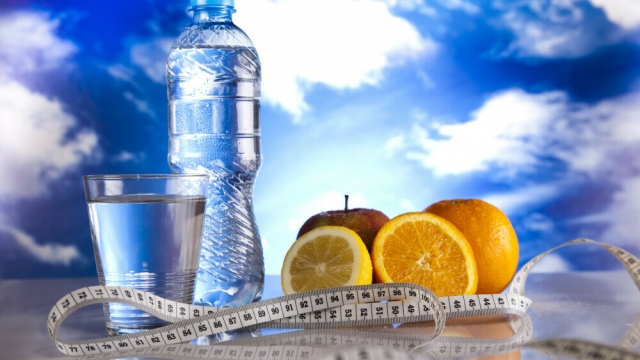
Water fasting, an age-old practice, is a period during which a person refrains from eating and only drinks water. Rooted in various cultural, religious, and historical contexts, it’s seen a surge of interest in the wellness sphere for its purported health benefits.
People choose to undertake a water cleanse for an array of reasons. For some, it’s a pathway to weight loss, while others aspire to gain mental clarity or achieve spiritual enlightenment. Beyond personal goals, water fasting occasionally serves as a preparatory step for certain medical procedures, emphasizing its significance across different domains.
The act of water fasting typically entails a complete abstinence from food, coupling water consumption with physical rest. This simplicity is both a draw and a challenge, presenting a stark departure from the complexity of daily dietary choices.
The duration of a water fast is not universally standardized and can vary widely depending on the individual’s objectives and physical condition. Professional guidance is critical in this process, highlighting the importance of seeking advice from healthcare experts to ensure safety and effectiveness.
I need to stress that while water fasting may offer certain health advantages, it’s not a one-size-fits-all remedy. Personal health history, lifestyle, and individual goals must guide the decision to fast, and under no circumstances should it be taken lightly.
Unveiling the Health Implications of a Water Cleanse
While sifting through the vast ocean of health practices, water fasting surfaces as a topic of intrigue and potential benefit. At the heart of this practice lies the concept of autophagy – a natural, regenerative process where cells cannibalize damaged components, paving the way for cellular renewal. This aspect of a water cleanse might play a significant role in managing various chronic conditions.
Water fasting prompts a metabolic switch from glucose-based to ketone-based energy, potentially aiding in weight management. By depriving the body of calories, the process may incite the body’s fat reserves as an alternative energy source, leading to weight loss. It’s worth noting, however, that the science tethering water fasting to weight loss isn’t a vast sea but rather a stream that requires more exploration.
Heart health is another area where water fasting might show promise. Some studies suggest that a water cleanse can improve cardiovascular markers, such as reducing blood pressure and cholesterol levels, hence supporting heart disease management. Yet, the conclusive connection between these improvements and long-term heart health remains under investigation.
In relation to type 2 diabetes and high blood pressure, the practice has been shown to potentially normalize blood glucose and lower blood pressure. But again, emphasis on ‘potential’ is key. It’s imperative to differentiate between what has been observed in some studies and what is universally accepted as scientific fact.
Beyond these conditions, rationales for water fasting include its role in religious ceremonies and preparation for medical procedures. These uses, while less rooted in scientific study, are steeped in tradition and ritual.
Despite the allure of these possible health benefits, critical analysis and a tempered approach are necessary. The data supporting water fasting as a method for long-term disease management remains limited, and thus, leaning heavily on this method without consulting healthcare professionals would be ill-advised.
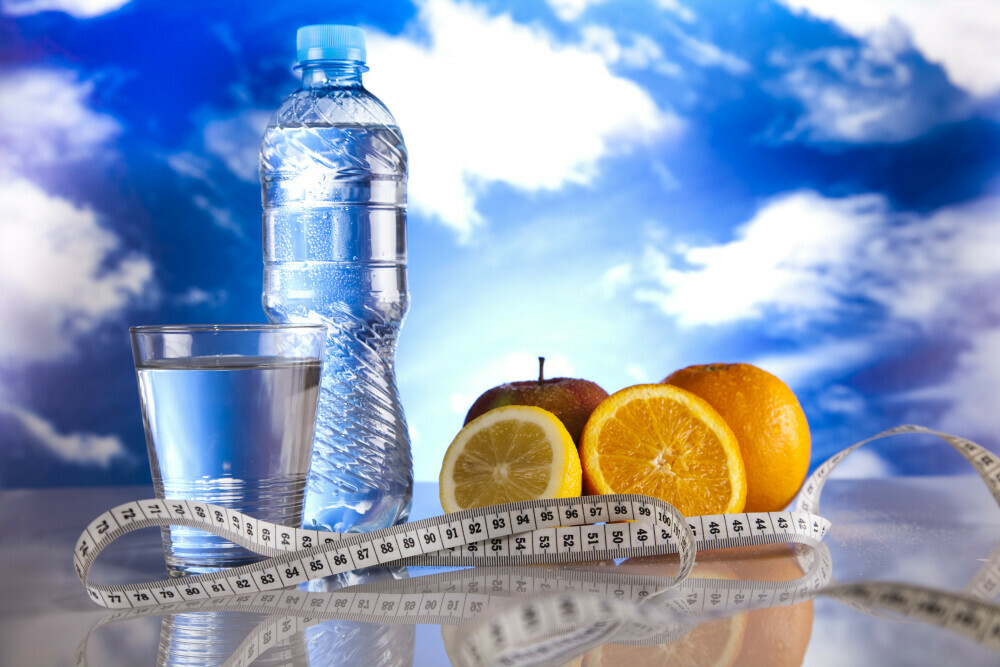
Navigating the Risks and Safety Measures of Water Fasting
While the water cleanse has its proponents, it’s not without significant risks, particularly when prolonged. Following are essential considerations for anyone contemplating this practice.
Certain demographics should avoid water fasting altogether. If you are under 18, over 75, pregnant, nursing, or dealing with conditions like eating disorders, type 1 diabetes, or specific heart complications, it’s critical to note that this practice isn’t for you. The risks can outweigh the potential benefits, and there are safer alternatives to achieve your health objectives.
Individuals with certain health conditions, such as kidney issues, who are taking multiple medications, or have a history of eating disorders, are also advised against water fasting. The strain on the kidneys from processing large volumes of water, the interaction with medications, and the potential trigger for disordered eating patterns represent serious concerns.
Side effects, even for healthy individuals, can include dizziness, nausea, fatigue, or brain fog. These symptoms shouldn’t be ignored. They are your body’s signals that it might be in distress. If you’re feeling unusually weak or disoriented, it’s imperative to seek immediate medical attention.
It’s also possible that water fasting could inadvertently lead to nutrient deficiencies due to the absence of food intake. Prolonged fasting can disrupt the balance of electrolytes—vital minerals necessary for the normal functioning of your body. Such imbalances can have severe consequences, including cardiac complications. This is why you may consider adding certain supplements to your water fast.
For those still considering a water fast, limiting the duration to short-term periods may reduce the likelihood of adverse effects. Always engage with a healthcare professional beforehand to establish the safest and most appropriate duration for you.
If you decide on proceeding, be mindful of your water intake. While staying hydrated is crucial, excessive intake can lead to water intoxication, which in turn can result in a dangerous condition known as hyponatremia. Balance is key—even when it comes to the most natural substance for our bodies.
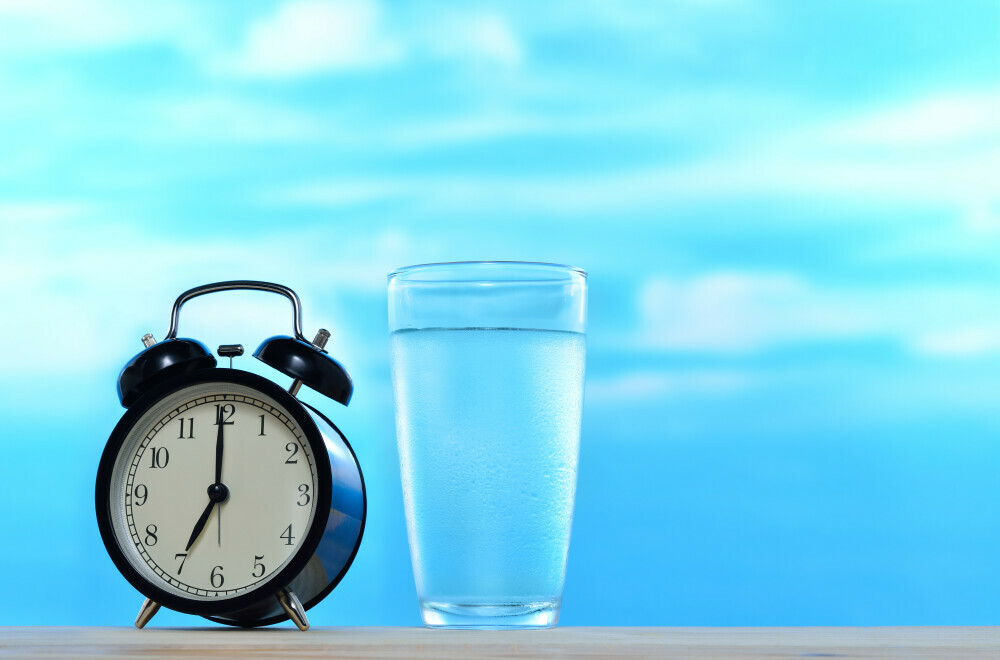
Implementing a Water Fast: Duration, Hydration, and Post-Fast Care
When I consider undergoing a water fast, the length of time I commit to this process plays a crucial role in how my body reacts and adapts. Personal health must always steer this decision. It’s never one-size-fits-all. You should seek advice from a healthcare provider to understand what’s safe for your unique circumstances. Moreover, while there’s no universally prescribed period for a water fast, many experts suggest that a 24-hour duration is a cautious limit for beginners.
Hydration during a water fast seems straightforward; after all, it’s water that you’re consuming. But the adequacy of your water intake is fundamental to maintaining electrolyte balance and supporting your kidneys. For a typical adult, achieving optimal hydration means drinking around 2 to 3 liters of water daily. This however, can fluctuate based on factors like body weight and activity level, so listening to your body is key. And while mineralized or electrolyte-infused water can be beneficial, it’s important not to overdo it as excessive water intake poses its own health risks.
Post-fasting, my body needs time to readjust to digesting food. It’s best to avoid overwhelming it with heavy meals right away. I recommend starting with small portions and slowly reintroducing a variety of foods in increments. A balanced diet, such as the Mediterranean one emphasizing fruits, vegetables, whole grains, and lean proteins, is an excellent way to nourish your body after a fast. Also, consider eating smaller meals distributed throughout the day, as this can ease your digestive system back into its regular rhythm.
Transitioning out of a water fast is as critical as the preparation you do beforehand. Your first meals should be light and manageable, as your digestive system might be sensitive after the fasting period. Introducing soft foods like yogurt, fruits, or broths can be gentle on your system before moving on to more fibrous and robust meals.
Exercising restraint and mindfulness as you break your fast is a testament to your discipline during the fast itself. Wise decisions here will optimize the fasting benefits and minimize any potential digestive distress. This careful approach sets up a seamless segue into the final reflections on water fasting in the next section.

Concluding Perspectives on the Water Fast: Weighing the Pros and Cons
Water fasting has captured interest for its simplicity and the profound health benefits it’s purported to offer. However, when it comes to my own health, I take every claim with a grain of salt and look for solid evidence and professional recommendations.
I understand that while some individuals may experience positive outcomes such as improved metabolic markers and autophagy, these results are not guaranteed. The risks, from nutrient deficiencies to the exacerbation of existing health conditions, are very real, especially for those with certain medical profiles.
Explore Also:
Creativehouseblog
Dietsheriff
Gigasecurehome
Consequently, I can’t stress enough the importance of consulting a healthcare professional before attempting a water fast, especially if considering extending the fast beyond a day. Your health is unique to you, and any approach — whether it’s a water fast, intermittent fasting, or dietary changes — should be personalized to suit your individual needs.
For those who find water fasting too extreme or risky, there are other, perhaps safer methods to explore. Intermittent fasting, for example, might offer a less intensive approach while delivering some of the benefits ascribed to water cleanses.
Ultimately, my takeaway is that health is not a one-size-fits-all matter. Water fasting, like any other health intervention, should not be entered into lightly. A balanced diet, moderate exercise, and regular medical check-ups remain the cornerstone of long-term health and wellbeing. If you do decide to try water fasting, do so informed, with clear intentions, and with medical support to guide you through the process.


